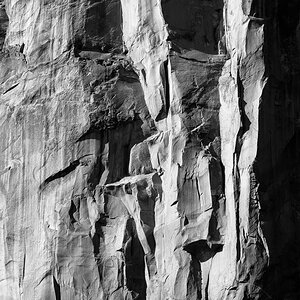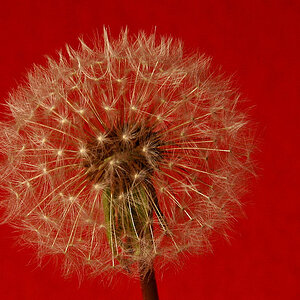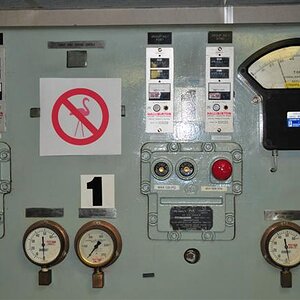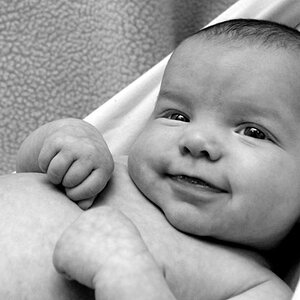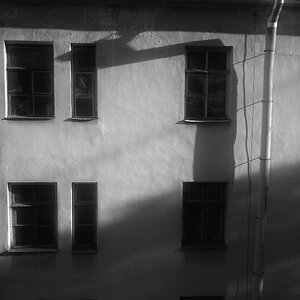JerryPH
No longer a newbie, moving up!
- Joined
- Oct 14, 2007
- Messages
- 6,111
- Reaction score
- 15
- Location
- Montreal, QC, Canada
- Can others edit my Photos
- Photos NOT OK to edit
Now, before I got into Digital ... I though noise was grain and would have commented in that way.
That is becuase it is more common to accept it in film, and less common in digital world to accept it. Also, in the film era, there were a LOT less people shooting compared to today and the low quality of even high end cameras up to 3-4 years ago to shoot lower levels of noise at high ISO was rare.
People would crank up the ISO, treat it like film grain and accept it... and often use the term grain interchangeably, which it is not. Today, ISO 6400 is way more usable than it was in the 80s (lets call that the final hey-day of film and the start of more serious dSLR technology being released to the general public).
Film grain is very acceptable and often enhancing to a photo. The same cannot be said of digital noise, which is more a splotchy artifact kind of look than grain ever was.
Digital noise... sucks.




![[No title]](/data/xfmg/thumbnail/41/41778-1940e957c27e1919c300dfedbc32d1c3.jpg?1619739889)




